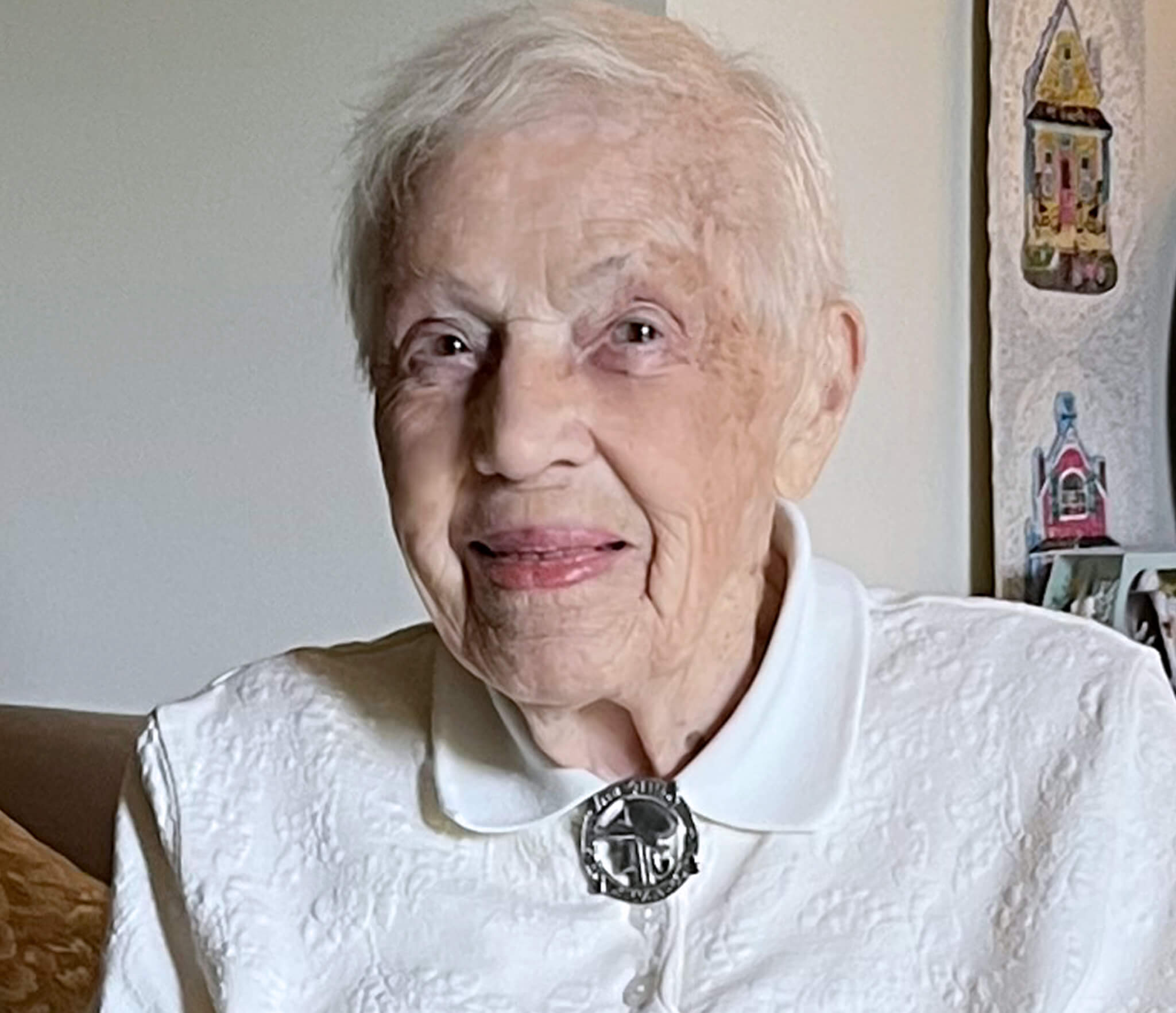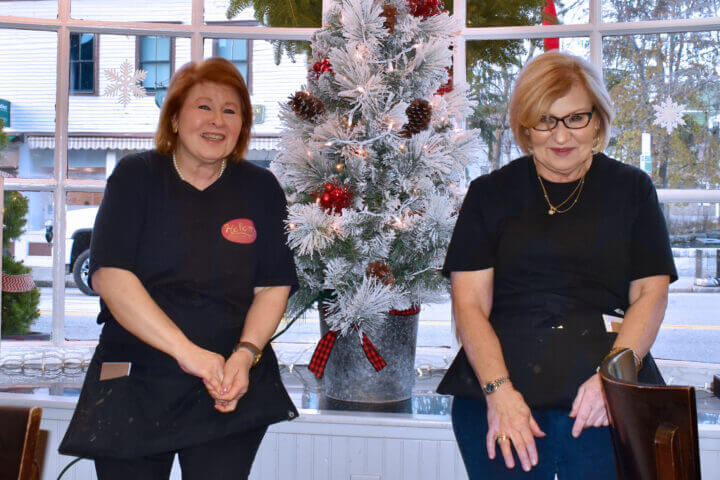Marjorie Stetson kept a secret for 75 years. Never told her parents or even her husband.
Hers is a story of grit and duty during World War II, starting in 1942 when she enlisted in the Canadian Women’s Army Corps as a teenager.
The 98-year-old Concord resident served at a remote wireless communications facility in Victoria, British Colombia, listening to Japanese naval transmissions in the Japanese Morse Code, known as Kana, and transcribing them for her counterparts in Washington, D.C.
She was sworn to secrecy and never broke her promise until Feb. 2021 when, after 75 years, she was honored by Veterans Affairs Canada and her story was featured on their Faces of Freedom website.
“Most of the radio operators were women and we often spent time together after work,” Marge recalled.
After the war, she remembers applying for a job with the Department of Transportation in Montreal but was told they did not hire women, “I wanted to tell them I was qualified and experienced as a radio operator, but then I remembered signing the secrecy act.”
In 1949 she married Arthur Stetson, a U.S. Navy veteran whom she met in Vermont, and they moved to Concord.
“It was a town of 7,000 back then,” Marge said.
During the ensuing years, Marge worked and volunteered for many town boards and organizations as well as at Trinity Episcopal Church.
Intense training
“We were billeted in special barracks and schooled in utmost secrecy,” she recounted to a Canadian veteran’s publication. Ten women worked in her office “on a plum farm out in the woods” in Victoria.
Her memories of the war years were “reawakened,” she said from her home in Concord Greene, by the book Code Girls: The Untold Story of the American Women Code Breakers of World War II by Liza Mundy.
“No one knew what we were doing, no one was allowed to visit our station,” Stetson noted.
She and the other women in her unit stayed in touch. The last reunion was in 1982 in Ottawa.
“Nine of us were there for that final reunion,” she said. “We remained a close group, still living with our secret.”
She was respected by her mostly male peers.
“I was treated as one of the gang,” she said. “I was never disrespected.”
In Concord, she lived on Main Street for many years, in a house “with 10 rooms for which we paid $11,000,” she said.
“It was fun,” she said. “In those days, you helped people; you got together.”






